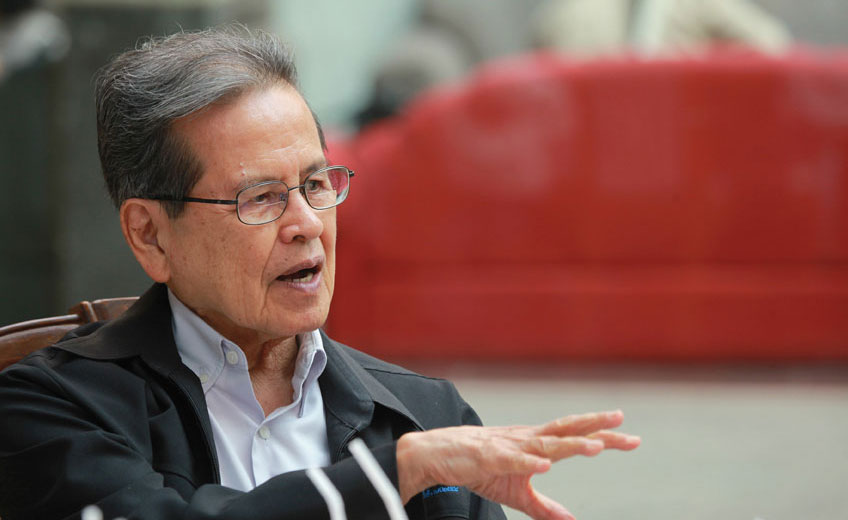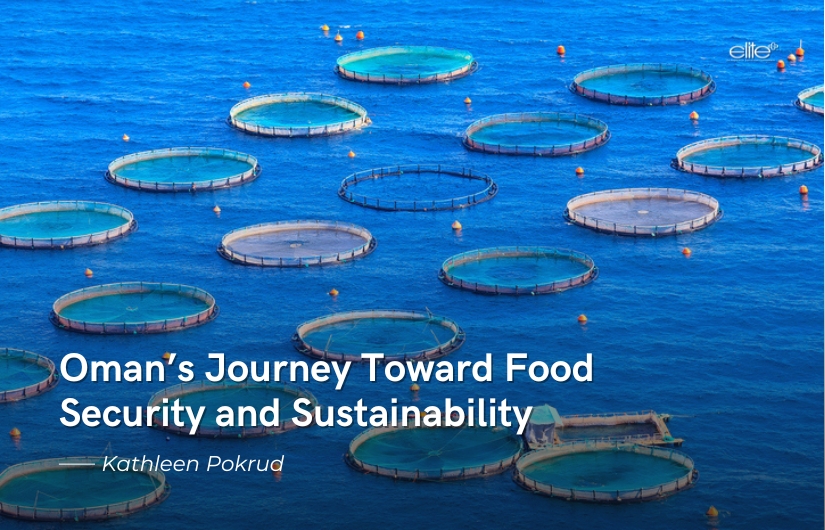Fifty years ago, when medicine was less advanced than now, a newly graduated medic joined a public health unit testing for thalassaemia in rural villages. Apart from the anaemia, diabetes or hypertension that were prevalent, he realized health was not only a matter of diseases but had roots in many social factors including financial status.
“I could tell that we get sick more easily if we are poor,” the young medic, now professor, Prawase Wasi, told Elite+. “The poorer the people, the higher the chance they have of developing anaemia. Let’s say if we test medical students’ blood, we’ll scarcely find any of them developing blood diseases because most come from well-to-do families. On the other hand, if these tests are done on indigent villagers, we’ll find more than 90% are unknowingly facing anaemia. It is obvious that illness directly relates to poverty.”
The doctor believes impoverished people suffer from illness out of proportion to their ages. Diseases might be diagnosed, but once patients leave the hospital or mobile health units, sickness continues. Without adequate financial support, it is impossible to solve such health issues. Prof Prawase is an activist who has long suggested that the term “health” should be redefined.
“Health is associated with more than one dimension. Khon-kai [patient] derives from two words, which are ‘human’ and ‘disease’. Presently doctors are simply concerned with the latter component, disease, and neglect the component referring to aspects of humanity. Medical treatment focuses on symptoms such as blood glucose concentration or blood-pressure level and medications to apply to these. Yet a patient carries many dimensions, including emotions and societal and economic conditions. These have no one-size-fits-all solution. That’s why I’ve become interested in the health service system, figuring out how to promote public health effectively, which is not usually a doctor’s concern.
“In other words, I would say ‘health is the whole’. The medical sector normally emphasizes the technical aspect without further consideration on how to implement these theories into the entire system. We might invent a useful innovation but the next mission is how to apply this to benefit all. For this reason, a self-governing institution, the Health Systems Research Institute, was founded in 1992 to research a practical system of application. Public health strategy was also reformed from a defensive into an offensive approach, considering how to prevent sickness rather than waiting for it to occur before tackling it. To promote good health, the Thai Health Promotion Foundation [ThaiHealth] was established as a tool. It was an autonomous government agency whose annual revenue was obtained from excise taxes on tobacco and liquor, based on the idea that what is harming good health should contribute something to society in return. Thaihealth’s duties have expanded to a wide range of campaigns to promote Thai well-being.”
One of the key approaches to reform in Thailand is decentralization, since the current centralized administration allows a single party to take control over the whole system. It gives an incentive to those who are yearning for power to corrupt it or stage a takeover. At the same time, inclusive growth is suggested as an alternative for developing the economy. It is essential for the administrative system to let individuals, particularly those living in remote areas, have rights and be capable of organising their community independently.
“So far, many activists who could no longer wait for help from the government have started to create projects to improve their livelihood. In Amnat Charoen Province, thousandsof locals gathered to publish their own provincial charter of management to set up common goals. These kinds of positive stories are happening down there at the base of the pyramid and waiting to be explored.”
Various efforts are being made to develop the base of Thai society. “If the government budget is given to people to spend and stimulate the flow of the economy at the top, this is populism and will never get sustainable results,” Prof Prawase said. “We have to create tools which help people earn a livelihood. NGOs have undertaken this mission of developing sustainable projects such as providing water resources for agriculture or adding value to farmers’ products. This is what we call right livelihood. We have to set up community enterprises and spread them throughout the country.”
However, development requires effective management to push ideas into practice. The government, idealistic NGOs and scholars lack this capability. Since business needs good management in order to remain profitable, this sector must take a part in the cooperative triangle. After farmers are well informed and ready to make changes, the business sector will be in charge of integrating agricultural products and initiate profitable yet sustainable development.
“As I said at the beginning, poor villagers normally have fewer red blood cells than normal. But once you go where development is actively implemented, you can find a healthy and rosy complexion on the faces of the locals.”
































































































































































































































































































































































































































































































































































































































































































































































































































































































































